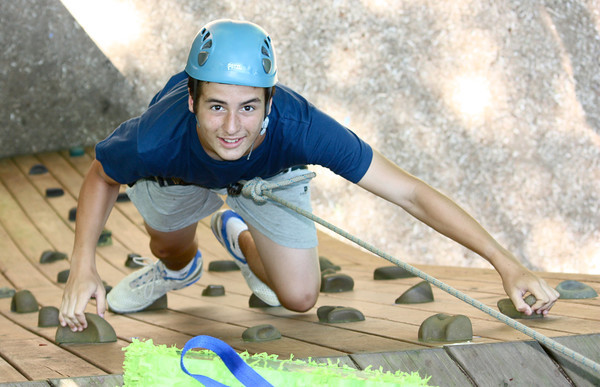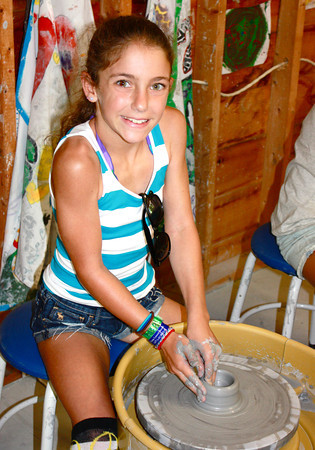 Adventure, tradition, fun, and nature are all words that come to mind when one mentions “summer camp.” One word that doesn’t instantly come to mind, however, is “exploration.” Summer camp is an exercise in exploration.
Adventure, tradition, fun, and nature are all words that come to mind when one mentions “summer camp.” One word that doesn’t instantly come to mind, however, is “exploration.” Summer camp is an exercise in exploration.
There is, of course, literal exploration. Traditional summer camps are primarily located in rural areas, away from the city and suburban settings in which most campers live the remaining ten months of the year. The natural surroundings are the perfect environment for exploring nature and the outdoors.
There is the exploration of new things. Summer camp, by design, is conducive in trying the untried. Campers inevitably try something new at camp: new food, new activities, new ways of doing things. Some of the newness breeds ongoing new interest while some highlights the joys of routine and tradition.
The exploration of self, while slightly more esoteric is also an of summer camp. Campers learn how to be independent at summer camp. Sure, they’re surrounded by their friends, and camp is a largely social environment. Being away from parents for several weeks, however, helps children learn how to make decisions and gain confidence in themselves. From their newly gained independence, they begin to see and understand the value of individuality.
camp. Campers learn how to be independent at summer camp. Sure, they’re surrounded by their friends, and camp is a largely social environment. Being away from parents for several weeks, however, helps children learn how to make decisions and gain confidence in themselves. From their newly gained independence, they begin to see and understand the value of individuality.
Exploration of culture and tradition is also a prevalent theme of summer camp. Summer camp is an amalgam of cultures. Many campers and staff come from all over the United States as well as the world. Exposure to people from geographic regions outside their own provides an open forum for exploring the subtle nuances that distinguish various cultures and their traditions.
Freedom of exploration is an important aspect of child development, and no place provides more of an open forum for exploration than summer camp.

 570-798-9831
570-798-9831